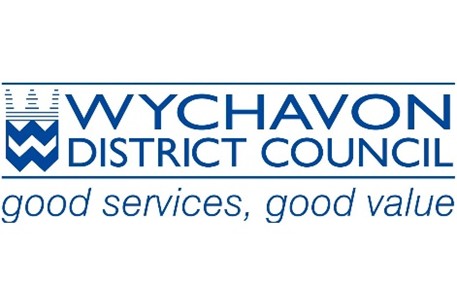Sustainable farming in the 21st century: How are food hubs refining the way we think about agriculture and food distribution?
It really is make or break for climate change and unsustainable farming practices; it’s more important than ever to find new and innovative ways to produce and distribute food. One such way is using food hubs, which are changing the way we think about agriculture and food distribution.
The Benefits of Food Hubs
Wider audience
One benefit of food hubs is that they provide a central location for farmers to sell their crops, which makes it easier for them to reach a wider audience. This could be crucial for small-scale farmers, who may not have the resources to reach larger markets on their own.
Sustainability is inherent
Another benefit of food hubs is that they promote sustainable farming practices by encouraging farmers to use environmentally friendly methods of production. This is because food hubs typically have strict standards for the crops they accept, which helps to ensure that the food is produced in a way that is good for the environment.
Challenges of Food Hubs
Much higher standards
The benefits to working with food hubs are numerous, but there are also some challenges. One challenge is that food hubs may have strict requirements for the quality and consistency of the crops they accept. Farmers may have to adjust their practices to meet these requirements.
Experience with Food Hubs
The farmers that have used local food hubs have had a positive experience working with them. Providing them with a reliable and consistent market for their crops, which has helped to increase profits and reduce waste. Some have found that working with food hubs has helped them connect with other farmers who share similar interests, and commitment to sustainable farming practices.
The Future of Food Hubs
Looking forward, food hubs will start to play a more important role in the distribution of crops. Offer a unique opportunity for farmers to connect with consumers and promote sustainable farming practices. This is all assuming smaller farms adapt to change; for food hubs to be successful, food hubs need to continue to evolve to meet the changing needs of farmers and consumers. This may include offering more support and resources to small-scale farmers, as well as investing in new technologies and distribution methods to make the process more efficient.
Want to learn more?



